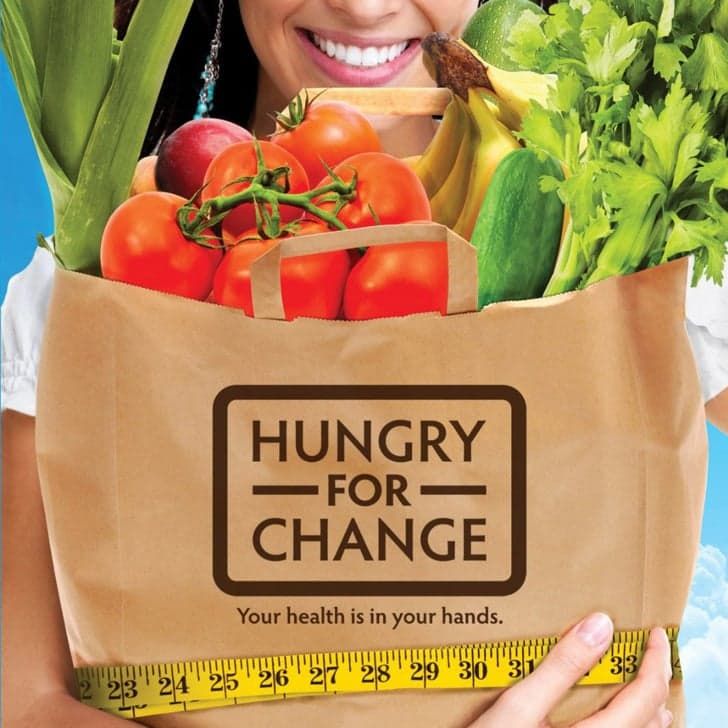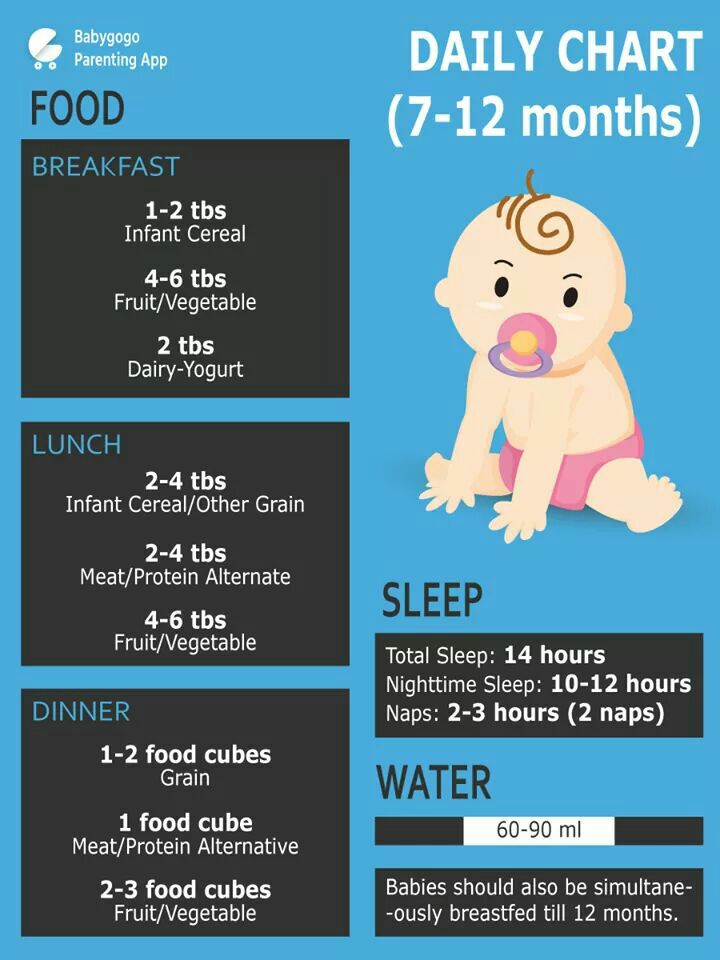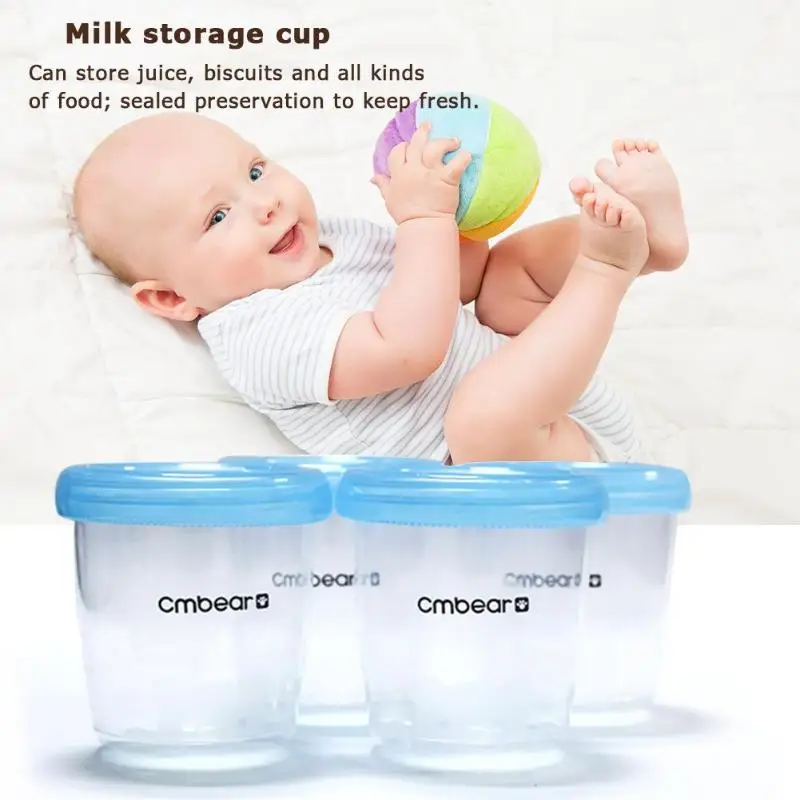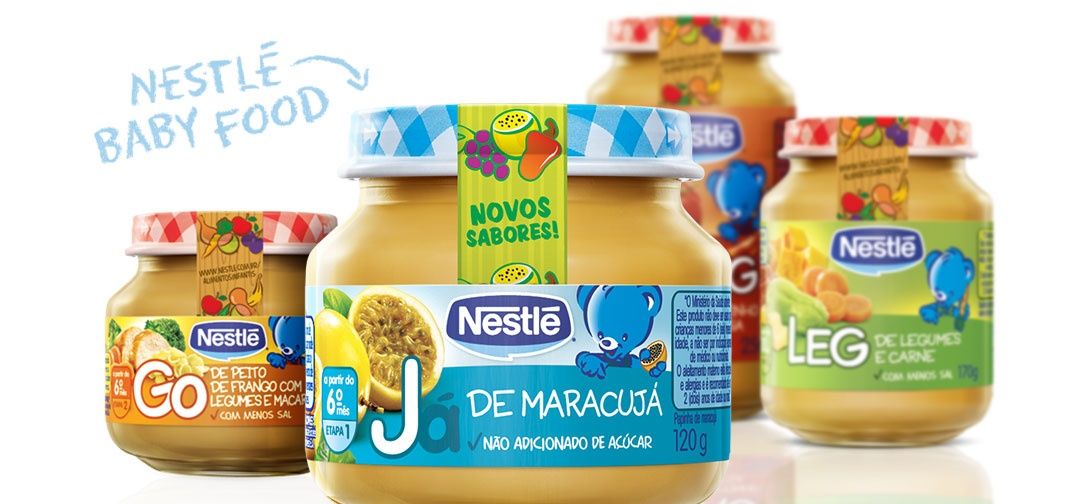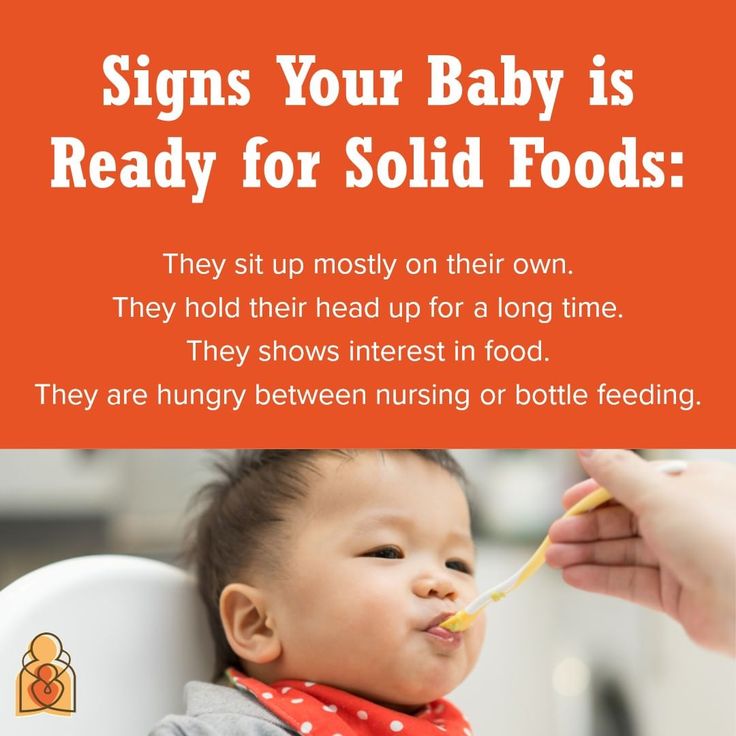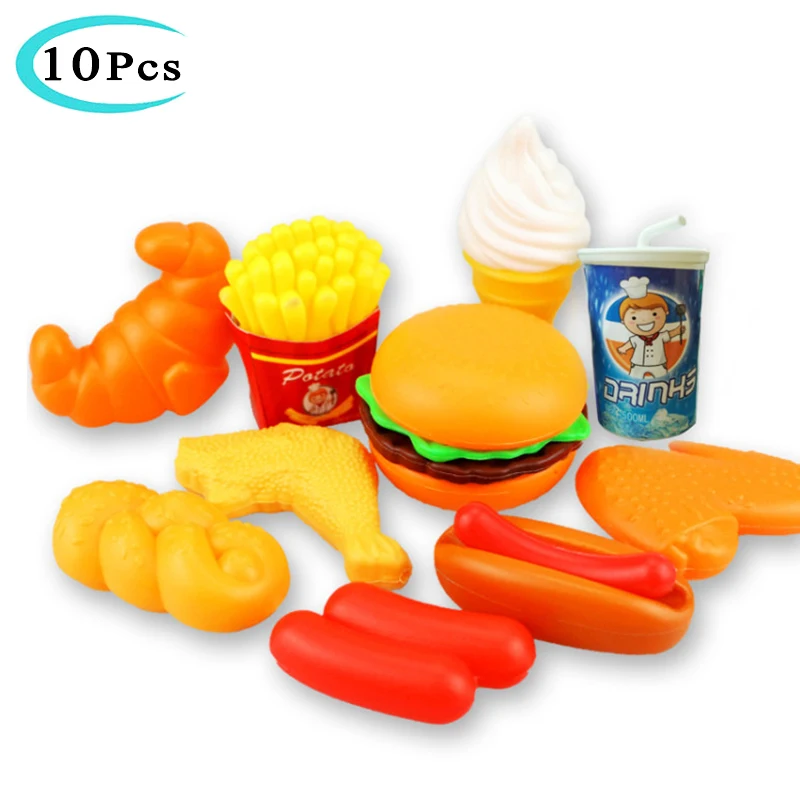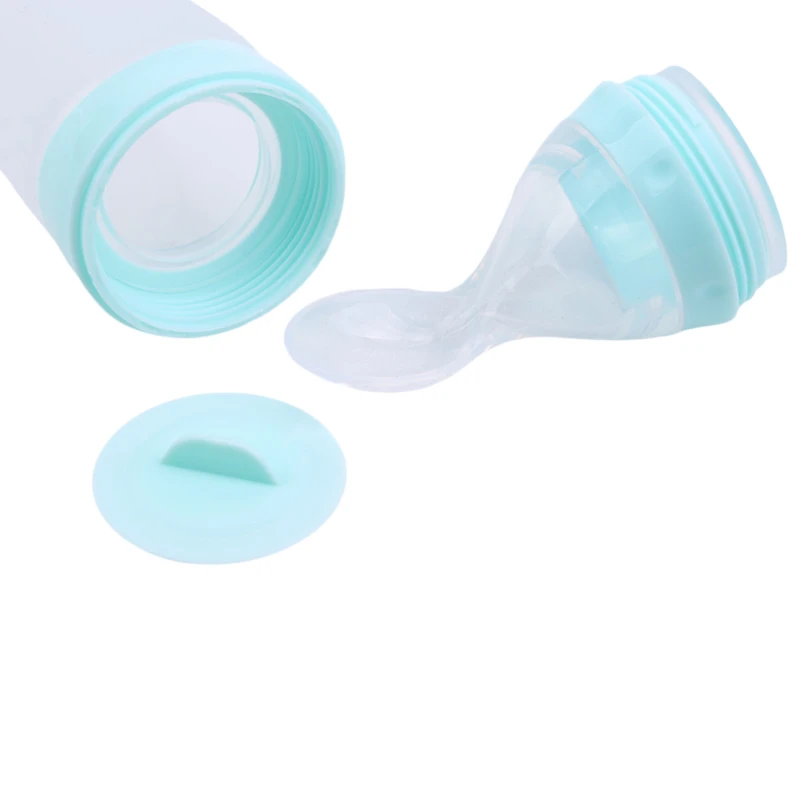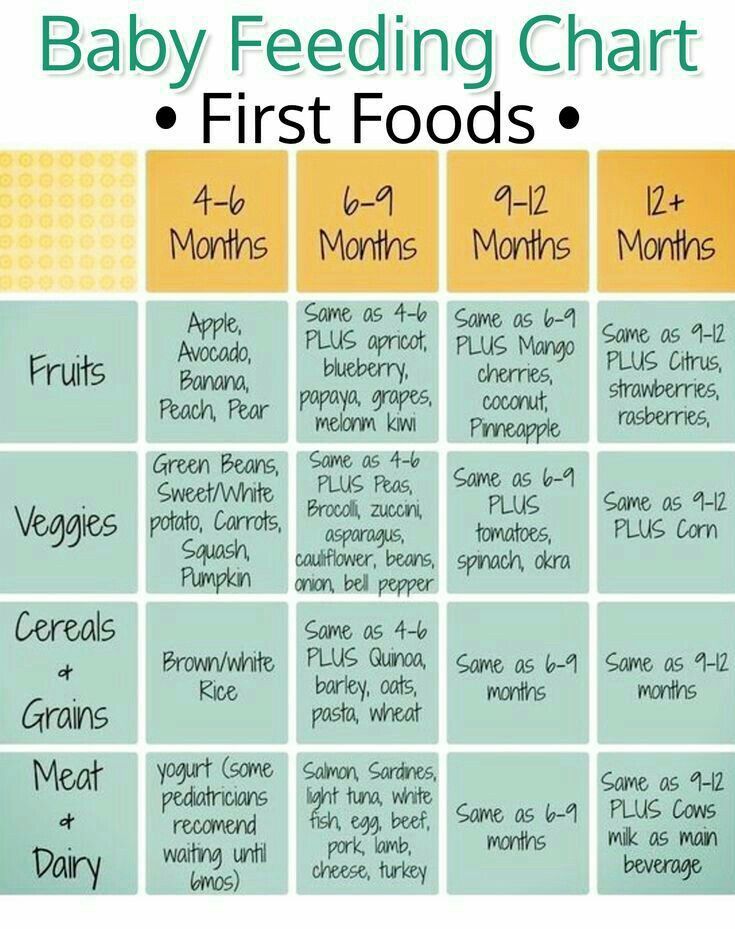Baby food matters
Baby Food Matters: What science says about how to give your child healthy eating habits for life by Syrad, Dr Hayley: Very Good Paperback
Synopsis:
Baby Food Matters makes feeding your child easier. This book sorts through the conflicting advice and includes practical, easy-to-follow guidance on what and how to feed your baby in those all-important first thousand days - from pregnancy to their second birthday. The quality of nutrition a child receives and the way they are fed can have a lasting impact on their future health. Dr Clare Llewellyn and Dr Hayley Syrad, both scientific leaders in this field having published over 100 scientific papers on the topic, separate the myths from the facts and draw on the very latest research to help you decide what is best for your child when it comes to developing healthy eating habits. Baby Food Matters lays out essential nutrition for all infants and toddlers, and describes ways of feeding children with varying eating styles at every crucial stage - from milk-feeding to weaning to eating with the family. Clare and Hayley debate the benefits of breast milk vs. formula milk, explain how to introduce solid foods to your child in a way that will help foster healthy food preferences, suggest strategies for managing fussy eaters and eager eaters, and offer portion size guidance. This important book will help parents make informed choices about how and what to feed their child - and reassure them each step of the way.
About the Author:
Dr Clare Llewellyn is a Chartered Psychologist and Lecturer in Behavioural Obesity Research at University College London, where she leads the Obesity research group, and the Gemini twin study. She has a long-standing fascination with eating behaviour, which probably stems from having been a notoriously fussy eater as a child. A decade ago she helped establish Gemini, the largest twin study ever set up to explore the 'nature and nurture' of eating behaviour from the beginning of life.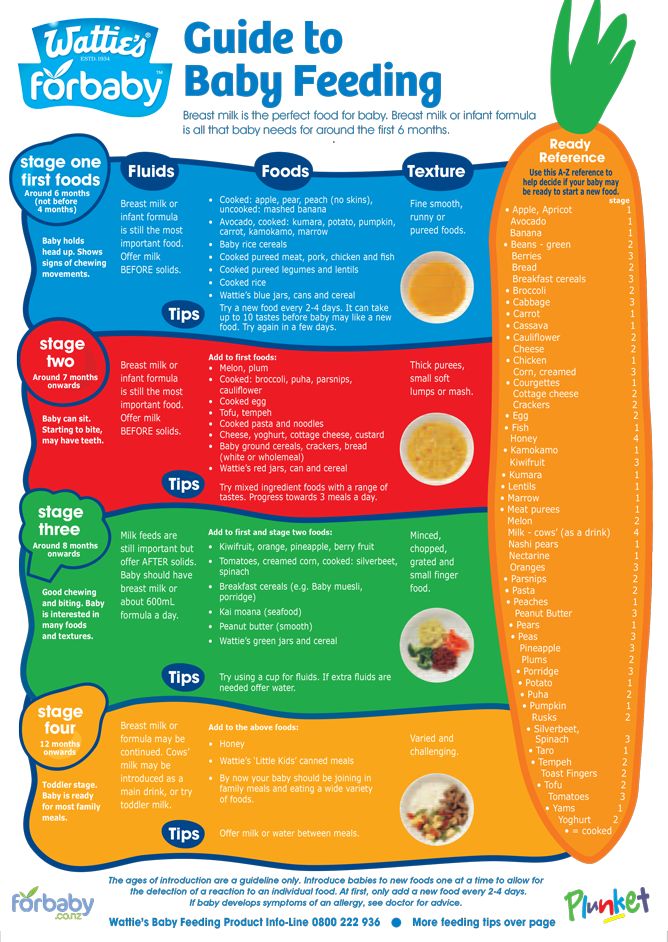 She has published more than 70 scientific papers and book chapters on this topic, and has given over 40 invited talks worldwide at prestigious organisations, such as the Royal Society of Medicine. She has won a number of international awards for her research from organisations such as the UK Association for the Study of Obesity, the European Association for the Study of Obesity, and The Obesity Society in the US. Dr Hayley Syrad is a chartered Psychologist. She gained a First Class Psychology Bachelors Degree at The University of Southampton in 2007, and a PhD in behavioural nutrition at the Health Behaviour Research Centre, University College London in 2016. Her research has focused on the role of appetite in relation to what and how young children eat, and she has published a number of articles on infant and toddler feeding in high impact journals. Her work has received a huge amount of media interest.
She has published more than 70 scientific papers and book chapters on this topic, and has given over 40 invited talks worldwide at prestigious organisations, such as the Royal Society of Medicine. She has won a number of international awards for her research from organisations such as the UK Association for the Study of Obesity, the European Association for the Study of Obesity, and The Obesity Society in the US. Dr Hayley Syrad is a chartered Psychologist. She gained a First Class Psychology Bachelors Degree at The University of Southampton in 2007, and a PhD in behavioural nutrition at the Health Behaviour Research Centre, University College London in 2016. Her research has focused on the role of appetite in relation to what and how young children eat, and she has published a number of articles on infant and toddler feeding in high impact journals. Her work has received a huge amount of media interest.
"About this title" may belong to another edition of this title.
Why Organic Puree Baby Food Matters
Nutritional Value of Organic Puree Baby Food
Organic baby foods include nutrient-packed organic ingredients. Minimal processing allows organic purees to retain a better nutrition profile with the sustenance for an active life. Feeding your baby with organic puree food makes them less prone to conditions such as eczema and wheezing.
Minimal processing allows organic purees to retain a better nutrition profile with the sustenance for an active life. Feeding your baby with organic puree food makes them less prone to conditions such as eczema and wheezing.
However, make sure you pay attention to nutrition labels when buying baby food to check whether the product you are purchasing is certified organic.
Reduced Exposure to Chemicals
The USDA (United States Department of Agriculture) defines organic crops as those produced on farms that have not used most synthetic fertilizers, pesticides, or herbicides for three years before harvesting food. That is why people prefer organic puree baby food: they contain less or no chemical residue.
While residues in both organic and non-organic varieties do not exceed government safety thresholds, buying organic guarantees the absence of chemicals typically used in conventional farms. And since infants may be more susceptible to harm potentially caused by synthetic chemicals than adults, opting for organic puree baby food offers a safer alternative.
Pesticides and toxins can have significant detrimental effects on babies, affecting their growth rate, brain development, and overall health. Organic baby cereal may improve your baby’s mental and physical health. Fewer chemicals and toxins lower the risk of attention-deficit/hyperactivity disorder (ADHD) and other brain-related issues.
Organic Food Tastes Better
Organic food has a fresh taste besides having more vitamins, minerals, probiotics, and live enzymes. If you are introducing your child to solids, let them enjoy their first experience. We stock a variety of baby cereals or infant cereals from reputable baby food companies. Our wide selection of options ranges from oatmeal cereal to rice cereal and much more.
Eco-Friendly
Like all organic products, the production of organic purees does not involve harmful agricultural practices. Since organic farming avoids the use of synthetic fertilizers or pesticides, going organic helps you invest in sustainable farming.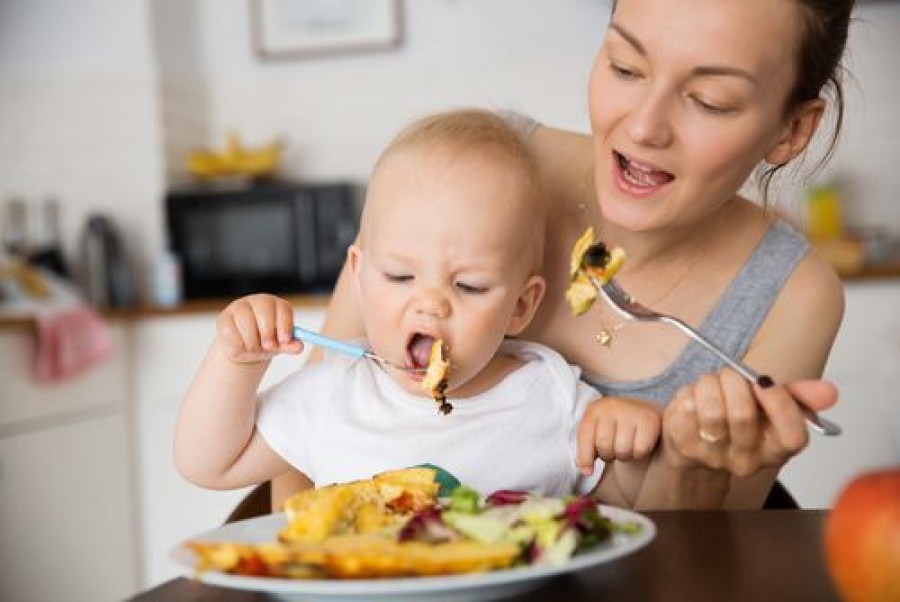
Pesticides and fertilizers can create several environmental issues when used in conventional farming. Some pesticides can poison fish, birds, plants, and insects or even contaminate the soil and groundwater.
Non-genetically Modified Organisms
Organic products do not contain genetically modified organisms (GMOs). GMOs are created by deliberately altering a plant or animal’s genetic makeup in ways that could not occur naturally. The majority of GMO products currently on the market have been genetically engineered to withstand herbicides that would usually kill them or produce their own pesticides. About 90% of the conventional corn in the USA, for example, is genetically modified.
No Antibiotics
Did you know that most conventional foods in the USA contain antibiotics? Contrary to popular opinion, antibiotics today are used for more than just treating bacterial infections. You will find antibiotics in many dairy products available on the market today.
This practice results in antibiotic overuse that is the leading cause of drug-resistant strains of bacteria.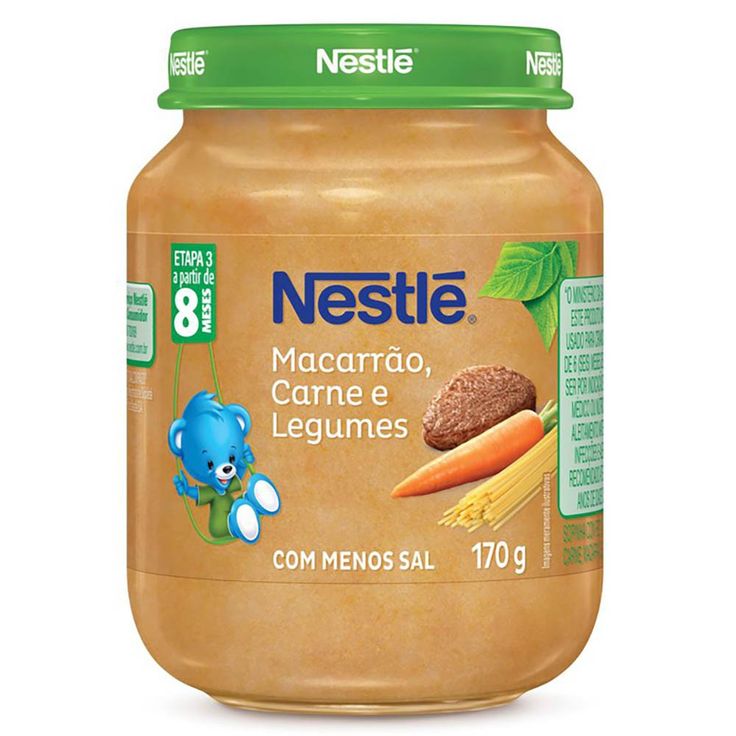 The USA sees at least two million antibiotic-resistant infections every year. Unfortunately, well over 20,000 of these infections result in death.
The USA sees at least two million antibiotic-resistant infections every year. Unfortunately, well over 20,000 of these infections result in death.
Young children, immuno-compromised individuals, and the elderly are more susceptible to drug-resistant bacterial infections. Organic baby food safeguards your baby’s health.
Absence of Additional Hormones
In addition to genetic mutations and antibiotics, non-organic foods may contain hormones. For example, you may find growth hormones in conventionally grown food. Growth hormones have been associated with diseases like cancer.
If you have heard about concerns regarding heavy metals in baby food, it is crucial to know that they are naturally occurring and enter the food supply from natural sources like air, water, and soil. It is nearly impossible to avoid these metals, but as a parent, you can minimize the risk by feeding your baby a variety of grains and not just rice-based cereals and products.
Choosing the Best Organic Baby Food Brands
To make sure you are giving your child the best organic baby foods, go for baby products or infant cereal from organic baby brands you can trust.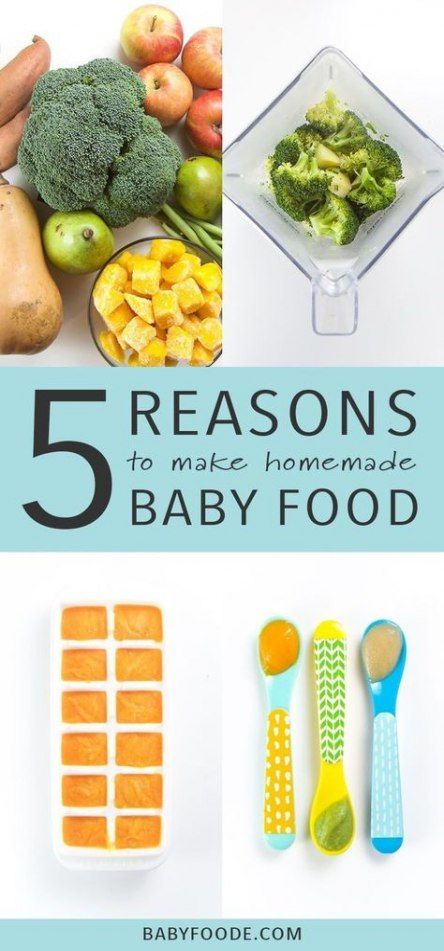 Brands such as Tastyganics offer organic baby food pouches, teethers, and puffs that will appeal to a picky baby.
Brands such as Tastyganics offer organic baby food pouches, teethers, and puffs that will appeal to a picky baby.
They also have items for all stages to develop a baby’s palate for table and finger foods by incorporating blends of free-range chicken, turkey, and beef. Some blends even combine healthy foods such as organic fruits, vegetables, grains, and more.
The trick with introducing solids to a budding eater is to try a variety of options. You could consider organic roots or organic pouches with sweet potatoes. There is no harm with trying organic butternut squash or organic kabocha squash. Once the food lands in your baby’s mouth, you will notice whether they like it or not.
For example, if your baby develops a liking for baby purees with sweet potato, you can include that in their menu. You also want to watch for any reactions such as when you add tree nuts to your baby’s food.
What About Making Your Own Baby Food?
While making baby food on your own may be cheaper than buying ready-made jarred baby food, you need to invest your time and effort into preparing the food. Keep in mind that anything homemade will perish much more quickly, so you must plan your meals and make just enough to minimize wastage. You may need to cook more often, but you can also prep meals for your baby just as you do with adult meals.
Keep in mind that anything homemade will perish much more quickly, so you must plan your meals and make just enough to minimize wastage. You may need to cook more often, but you can also prep meals for your baby just as you do with adult meals.
Discover our line of organic baby puree products at Tastyganics. We offer only the best fruit and vegetable purees to keep your baby happy and healthy. Contact us today to learn more about our organic baby food brands or visit our blog for more valuable tips and information.
Special baby food
Baby food special
Meals for children has its own characteristics and complexities.
When planning a child's diet, consider certain features of the child's body. nine0008 Child growth
The main difference between baby food is the growth of the child's body. That is, a baby needs more protein than an adult.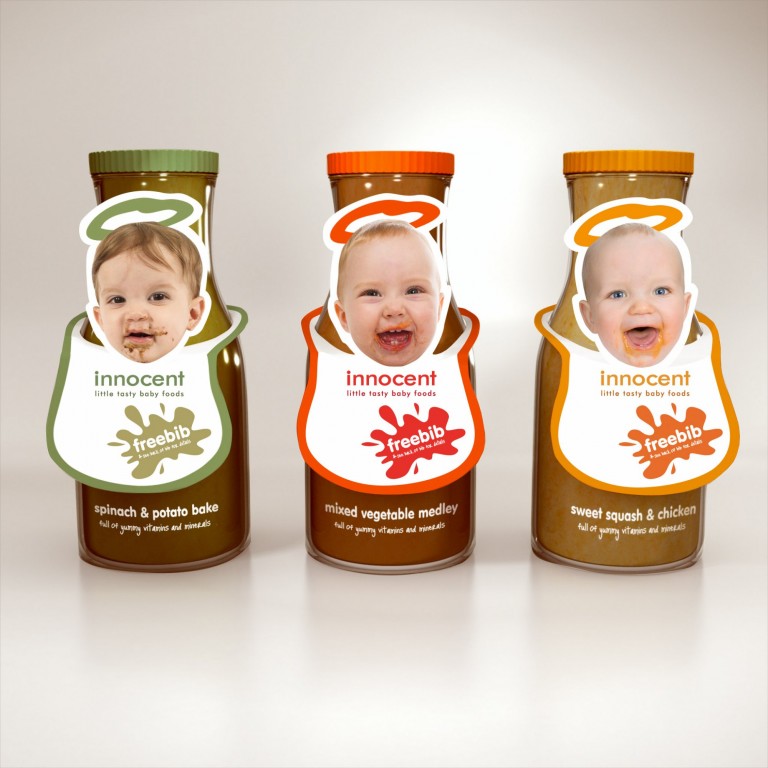 Knowing about it many adults make the mistake of focusing on creating a high protein diet, although even ordinary protein foods consumed by adults contain
Knowing about it many adults make the mistake of focusing on creating a high protein diet, although even ordinary protein foods consumed by adults contain
more protein than breast milk.
High mobility
Another feature of baby food is that children are very mobile in different from adults. Greater mobility of the child's body contributes to exchange normalization. If children are forcibly restricted in their movements, this provokes insufficient secretion of growth hormones, diseases, and as a result - developmental delay.
Consumption of sweets
Due to the high metabolic rate, children, unlike adults, are able to absorb significantly more sweets without much harm to themselves. However, they should not be encouraged to do so. Although sweet foods are natural origin are very beneficial for the child. nine0005 About cholesterol
In addition, children are much more active than adults.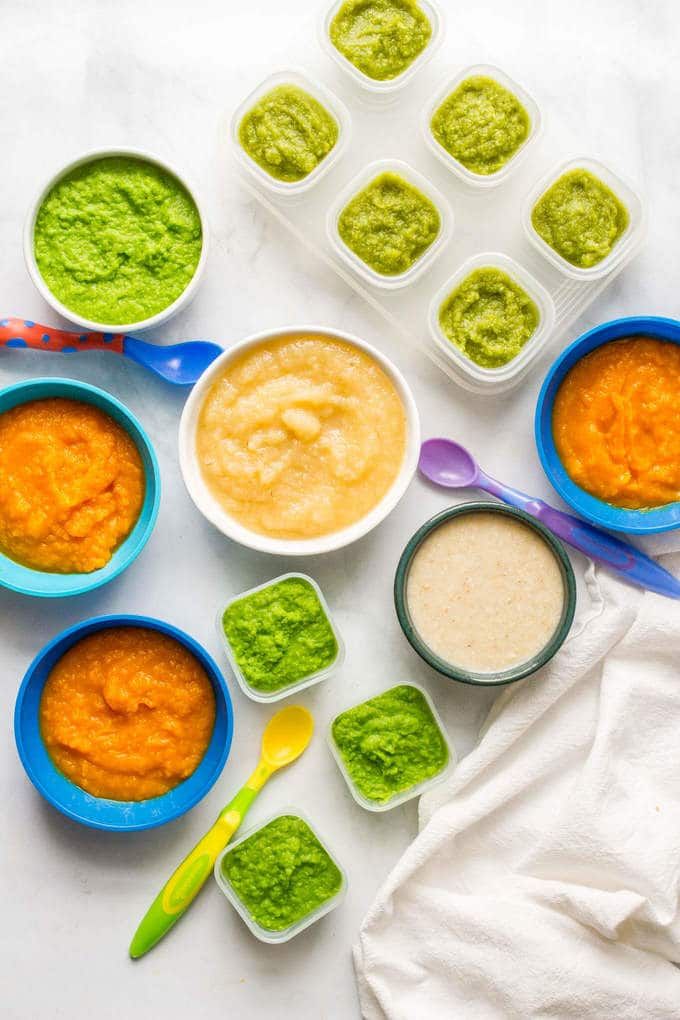 use cholesterol. It is very important for health, is the main component of the membrane, which surrounds cells throughout the body. And the child grows, and he forms a lot new cells.
use cholesterol. It is very important for health, is the main component of the membrane, which surrounds cells throughout the body. And the child grows, and he forms a lot new cells.
An important nuance is the fat cells that make up the "fat" according to most are formed during the first years of life. Subsequently they grow and grow in size. Therefore, what it looks like an adult is largely associated with nutrition in childhood. nine0008 Regulatory Excellence mechanisms
The most important feature of baby food . Regulatory mechanisms in the child's body controlling the inflow and outflow of energy, function perfectly. Him The body knows exactly what food and in what quantities it needs. However, if there is an abundance of deliciously cooked (with spices, fried, fatty and etc.) and sweet dishes, the appetite will be coordinated by the tongue, and not by the physiological need. nine0005
This level of regulation remains until the age of 14-17. Further it is preserved under the condition that a person leads a healthy lifestyle.
Further it is preserved under the condition that a person leads a healthy lifestyle.
A number of general rules can be identified - recommendations to which it makes sense to listen in order to provide the child with the right diet.
1 baby food rule - diet
Proper nutrition of the child involves the absence of strict dietary compliance.
What kind of lunch if you need to launch a rocket or put a doll to bed sleep? Such matters are as important for a child as love is for an adult, interesting work, rest. Children are tiny but full-fledged people who are still in need of care.
In addition, when there is no feeling of hunger, then eat the body is not yet ready to eat, eat without pleasure, therefore food won't go well. When hungry, the baby will ask for it. And there is no problem in that the child ate instead of three, two or five times a day. If food normal and do not use violence against the child, then there will be neither malnutrition nor overeating. nine0005
When hungry, the baby will ask for it. And there is no problem in that the child ate instead of three, two or five times a day. If food normal and do not use violence against the child, then there will be neither malnutrition nor overeating. nine0005
2 baby food rule - non-violence In most cases, the child is persuaded to "eat for dad, grandfather, mother, etc.", or they simply order "until you finish eating, you won’t get up from the table." And if we imagine how we would feel in such a situation? The baby's body does not need food at the moment, so he does not want to, only Total. Appetite may arise after some time, and there is no point in being offended. However, the appetite should be for natural products - porridge, potatoes, apple, milk, not sweets and cookies. In some cases, however, there are whims and tricks. nine0054 3 baby food rule - diseases
Separately, it is worth dwelling on proper nutrition children with diseases.
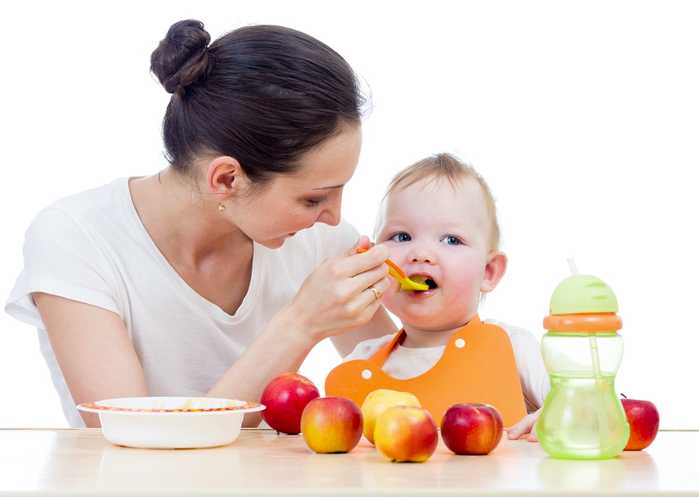 very wide the practice of "feeding" sick children is practiced. There is an opinion that this gives the body extra energy to fight the disease.
very wide the practice of "feeding" sick children is practiced. There is an opinion that this gives the body extra energy to fight the disease. Paradox - in following: the body really needs strength, it mobilizes all the resources to restore the shattered balance. And the patient has no appetite because all the energy is directed to the fight against the disease, and it simply does not remains on the process of digestion. Animal instinct is at work here. is aimed at survival, and no food simply "climbs". For example, patients animals do not touch food, even if it lies in front of their noses. nine0008 And force-feeding for medicinal purposes directly harm the child.
Preferably, offer him hot drink - tea with honey, warm fruit drink, etc.
Rule 4 - freedom in everyday nutrition
In terms of everyday nutrition, it is better if children have choice of products. Thus, the problem itself is solved nutritionally balanced flax substances and dietary calories.
Based on long-term observations, it was found that with the presence of freedom of choice, children at the level of intuition or subconsciousness are able to create a menu that will be the best in every respect. adult function here - to orient the child in relation to the correct combination of products.
5 rule - fruit
Children can eat fruits without any restrictions, it is almost impossible to overeat them, and they are very useful. But if the child refuses, no need to force. With a lack of any mineral or vitamin, the child himself will ask he needs an apple or even greens. nine0005
It is only necessary to coordinate the combination of fruits with other products. These combination rules are objective for both children and adults. If the products are combined correctly, healthy children will lack gas emission, the stool will be odorless with a normal consistency, the tongue will be red and clean.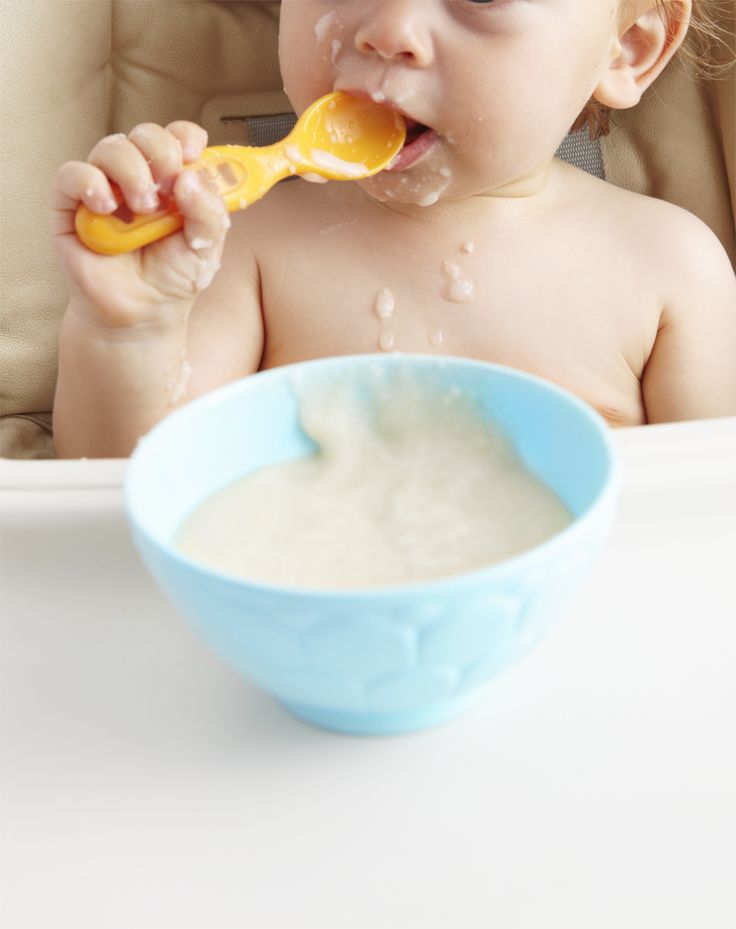
6 children's rule nutrition - protein food
Protein food should be given to the child 1-2 times a day for desire, but do not worry if he prefers rice or potatoes instead of cottage cheese or pea porridge. But an excess, like a lack of protein, can lead to unpleasant consequences. nine0005
You should not teach a child to sausage, because it unnatural food that deceives the taste organs. From natural products origin, the child should be able to choose from what they eat adults.
7 baby food rule - dairy products
Milk, curdled milk, kefir, yogurt represent makes great food for kids. However, they should not be combined with starches. A child at the age of one and a half should not be fed with cereals for milk. The best option is milk and dairy products (room temperature) give as a separate meal. good variation is a combination of cottage cheese with tomatoes (carrots) with kefir, yogurt or milk.
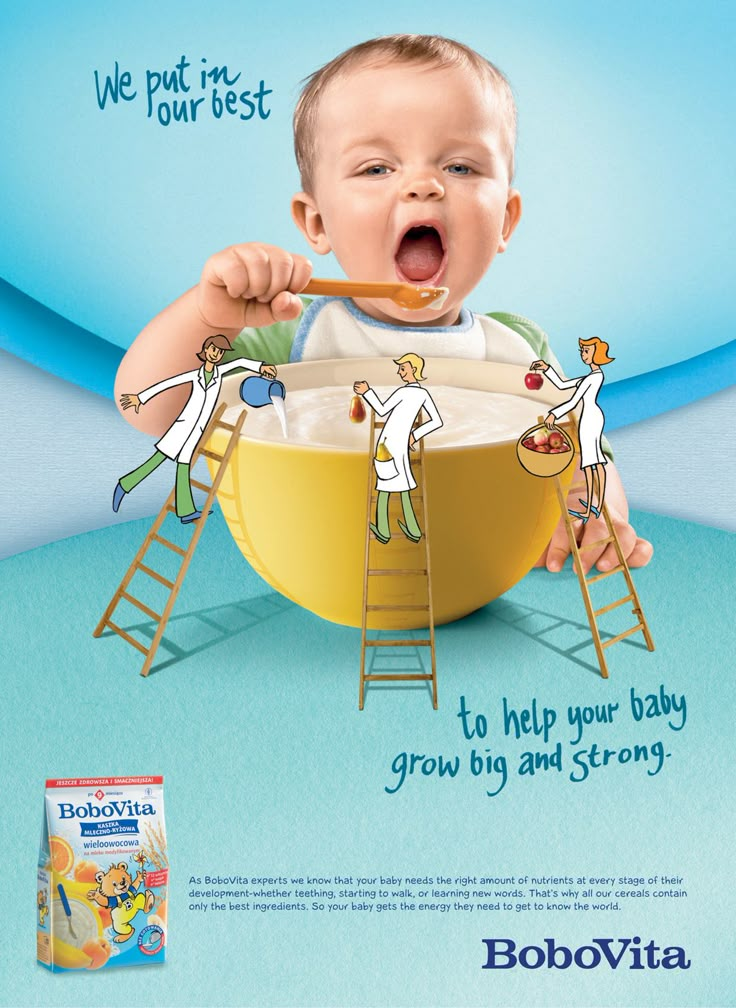 nine0054 8 baby food rule - sweets
nine0054 8 baby food rule - sweets If you feed your child with sweets, then definitely not after eating. Better just give half an hour - an hour before the main meal. As a rule, they always give after.
Sweet is really necessary for the children's body. Sweets natural origin - fruits, honey, dried fruits cover the needs child's body.
In case of painful conditions, reduced immunity, good options will offer him soaked dried fruits, fruits, melons, watermelons and hot drinks. And no more dishes and products. Several of these days month will replenish the resources of the child's body. nine0008
9 baby food rule - water
Water should be given as much as how much the child wants. The best is melt water. It is advisable to gradually teach the child to drink a quarter - half a glass of water.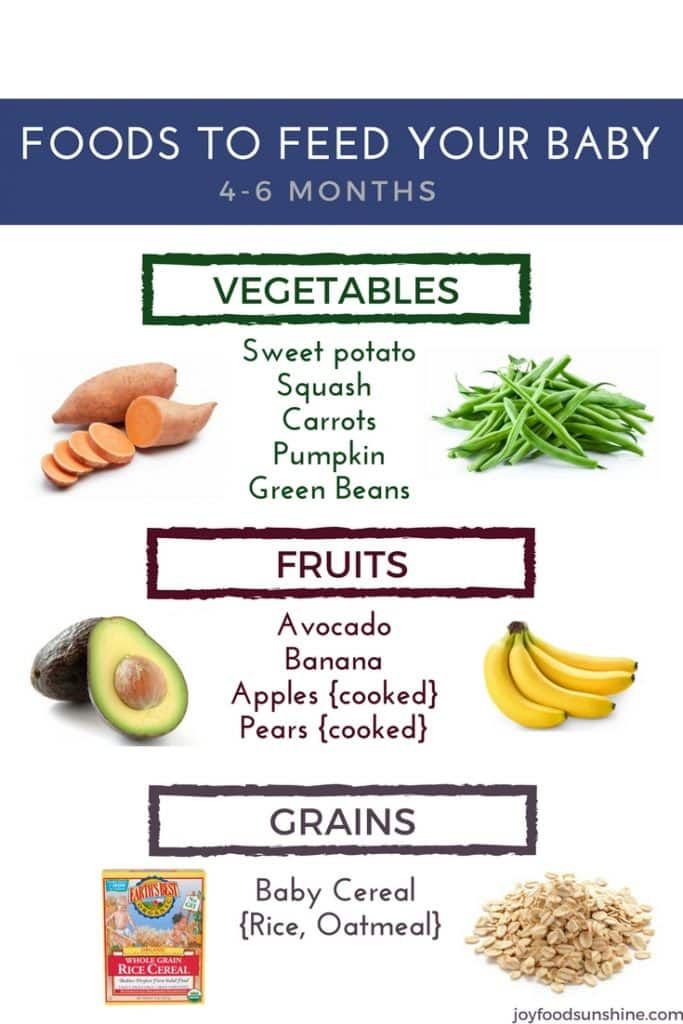 after waking up in the morning, 30 minutes before the main meal and before going to bed, in the evening.
after waking up in the morning, 30 minutes before the main meal and before going to bed, in the evening.
10 baby food rule
Children should not be prohibited from playing, running, and especially not worth persuading them to lie down. Because children almost never they eat for the future, unlike adults, do not "jam" their sorrows, boredom and bad mood. And as a result, they don't overeat. Such mobility after eating is not will cause no harm to health. nine0005
Responsible under the SPR
E.S. Granchakova
Baby food
Baby food and the healthy diet of a child are, of course, of concern to all parents. How and what to feed? When, how much? All this is important for moms and dads to know in order to navigate the diverse world of baby food in order to raise a healthy child. nine0005
20 most interesting facts about baby food, which will be useful to parents and help establish a healthy and proper diet for the child.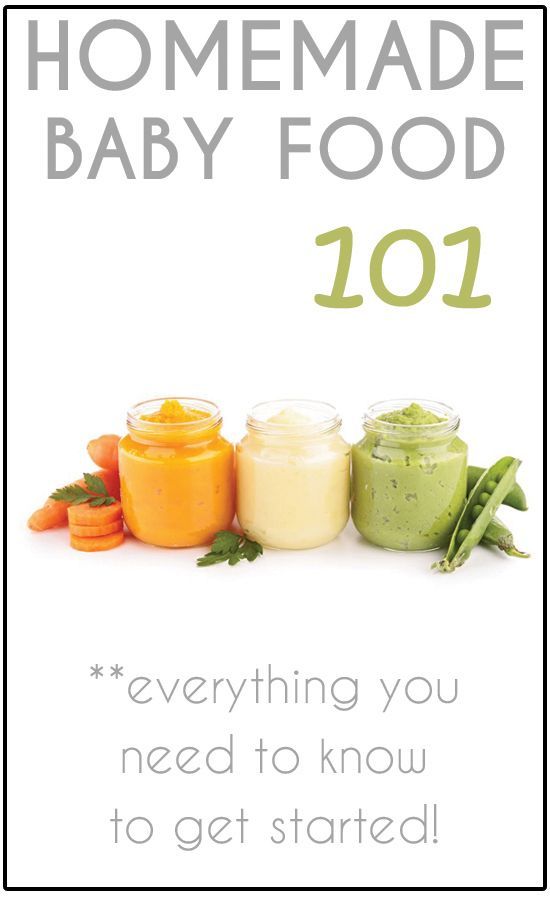
20 most useful and interesting facts about baby food
1. Breast milk is the most important product in a baby's diet, neither infant formula nor cow's or goat's milk can replace it. Pediatricians have proven that breast milk protects the baby from gastrointestinal infections, helps to avoid many respiratory infections, and protects the baby from allergies. nine0005
2. Taste habits are acquired in the mother's womb. The baby catches the aroma of the products that the expectant mother consumes during pregnancy and breastfeeding. Subsequently, the child perceives and digests these products easier. So the diet of a nursing mother and a pregnant woman should be especially healthy and varied.
3. Surprisingly, but true: breast milk intended for boys contains more proteins and fats than milk for girls.
4. Adding salt and sugar to baby food is not recommended until at least 1.5 years old, because salt overloads the kidneys, and sugar overloads the pancreas.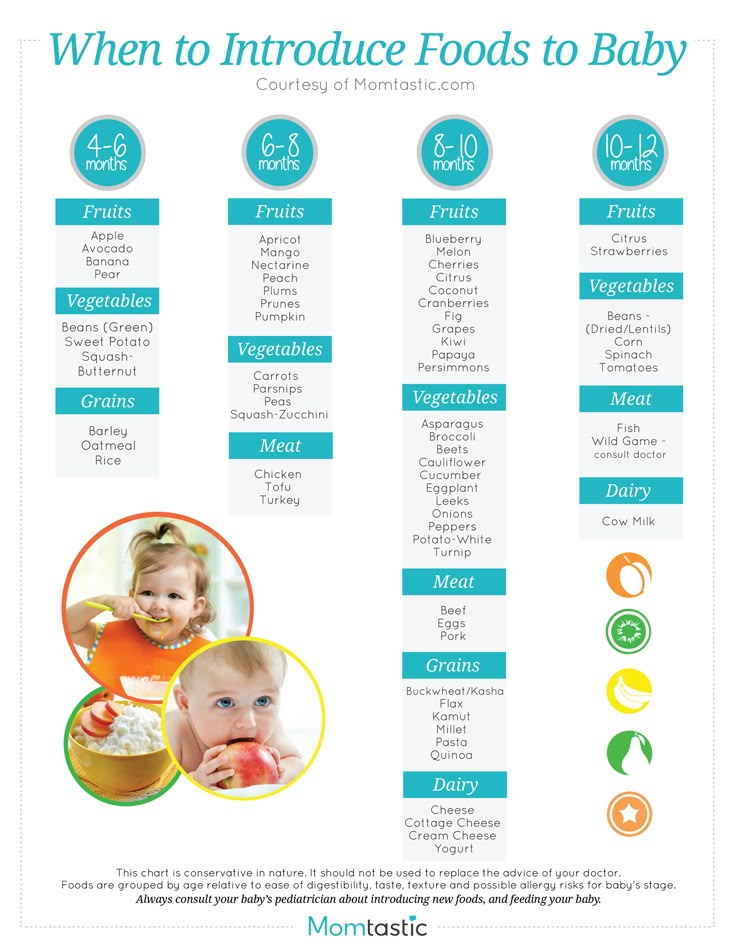 It should be borne in mind that until the age of one, the kidneys of a child cannot process more than 1 g of salt per day - just as much salt is found in foods without added salt.
It should be borne in mind that until the age of one, the kidneys of a child cannot process more than 1 g of salt per day - just as much salt is found in foods without added salt.
5. It has been proven that those who were given sweets by their parents in childhood suffer from excess weight in adulthood.
6. According to the World Health Organization, a 6-month-old baby should eat 60-70 g of fruit and vegetable puree every day. A one-year-old baby requires about 100 g of fresh vegetables and fruits. nine0005
7. Iodized salt is much healthier than non-iodized salt. The mental development of a child is related to the amount of iodine he receives daily.
8. The shelf life of iodized salt is of great importance because iodine breaks down over time. So you should not consume iodized salt if more than 6 months have passed since the date of its packaging.
9. Semolina is the most useless porridge, because, in addition to carbohydrates, it practically does not contain trace elements and vitamins necessary for the child.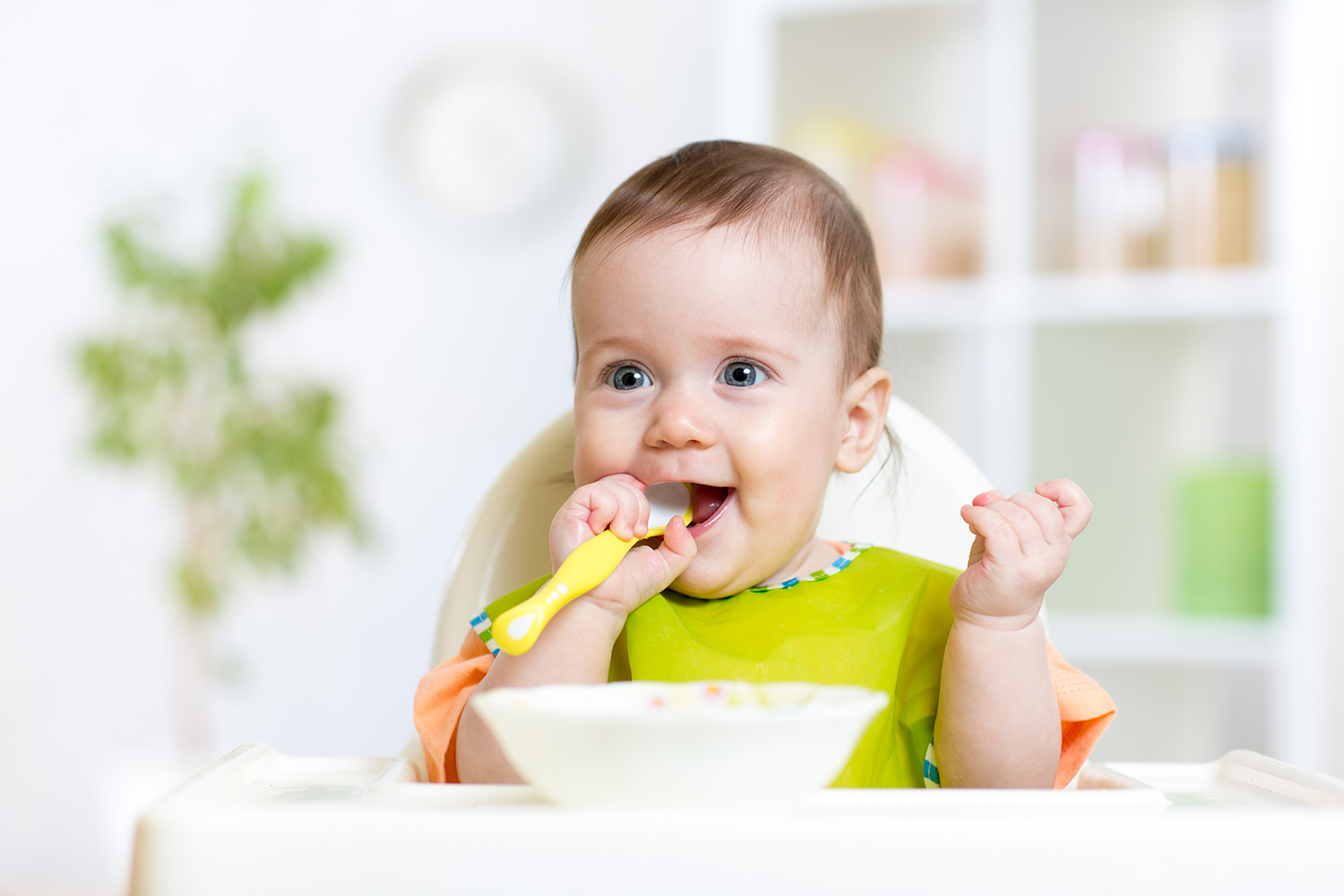 nine0005
nine0005
10. Oatmeal should not be given daily to a child, because it contains phytins, which interfere with the absorption of calcium.
11. Excess weight in a child is often associated with untimely introduction of cow's or goat's milk into complementary foods, which contains 3 times more protein than breast milk.
12. According to research, every year vegetables and fruits contain less and less vitamins and microelements. For example, over the past 30 years, the amount of magnesium in apples has decreased by 1.5 times, the content of iron in white cabbage from the beginning to the end of the 20th century has decreased by 2 times, calcium by 5 times and magnesium by 4 times. nine0005
13. As a result of heat treatment, vegetables and fruits lose more than 20% of vitamin B, more than 60% of vitamin C and most of the other vitamins. Only starch and fiber remain.
14. Juice cannot completely replace fruits and vegetables or puree them, because fruit and vegetable purees and pulp contain much more nutrients.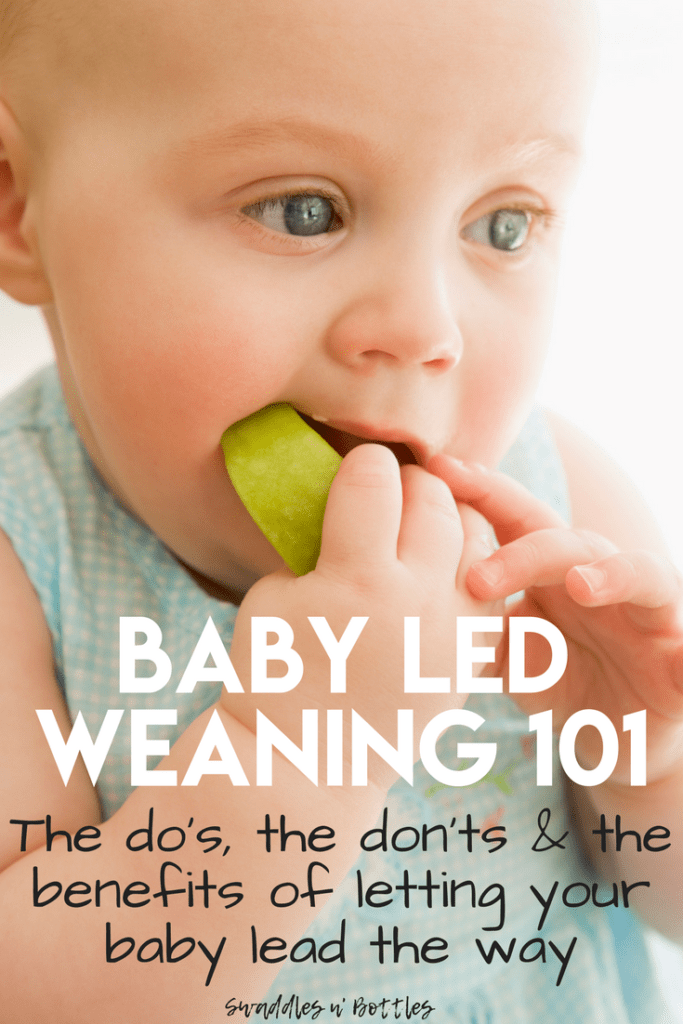 Juice does not contain fiber at all, but it is necessary for proper digestion. In addition, fruit juices contain a high concentration of sugar, which is bad for a child's teeth. nine0005
Juice does not contain fiber at all, but it is necessary for proper digestion. In addition, fruit juices contain a high concentration of sugar, which is bad for a child's teeth. nine0005
15. Baby food marked with the words “for children” is enriched with the necessary vitamins and microelements in accordance with the norms of the Ministry of Health and WHO. As a rule, these are beta-carotene, iron, iodine, potassium, vitamin C.
16. It is prohibited by law to add preservatives to baby food. Duration of storage is ensured by special heat treatment, aseptic packaging, as well as the addition of vitamin C, which is not harmful to children.
17. The main advantage of commercially produced baby food - fruit, vegetable juices and purees, meat and fish dishes - is that the raw materials for its production are grown and obtained in ecologically clean areas where the presence of chemical industry enterprises is not allowed. nine0005
18. According to pediatricians and WHO, about 50% of babies under the age of one year receive too little meat in their daily diet.